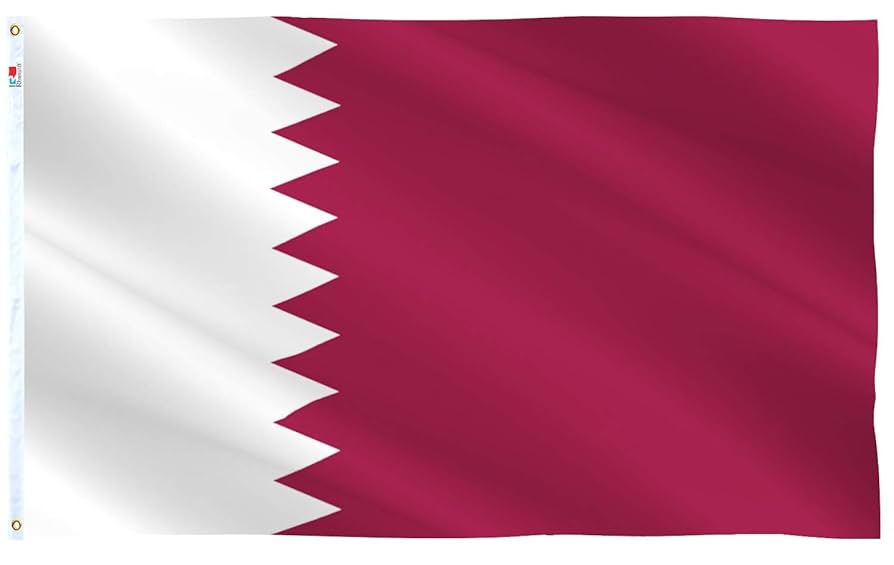In an age where connectivity shapes economies, education, and our daily lives, internet speed has become one of the measures of a country's technological commitment. Many countries have rapidly advanced in their delivery of ultra-fast broadband with speeds that exceed the global average, and certainly in a country with a positive and developed telecommunications and information technology sector.
The leaders in the pack are the United Arab Emirates, with Qatar and Kuwait following closely behind, each providing towering internet speed with next-generation infrastructure dedicated to this technology. However, also consider those countries that have already developed proven technologies.
Check Out: List of Top 10 Countries with the Best Air Quality
Top 10 Countries with the Fastest Broadband Internet Speed in the World
Here is the list of the top 10 countries with the fastest internet speed based on Broadband Internet Speeds:
| Rank | Country | Average Speed (Mbps) |
| 1 | United Arab Emirates | 399 Mbps |
| 2 | Qatar | 344 Mbps |
| 3 | Kuwait | 240 Mbps |
| 4 | South Korea | 141 Mbps |
| 5 | Netherlands | 133 Mbps |
| 6 | Denmark | 130 Mbps |
| 7 | Norway | 129 Mbps |
| 8 | Saudi Arabia | 122 Mbps |
| 9 | Bulgaria | 118 Mbps |
| 10 | Luxembourg | 114 Mbps |
1. United Arab Emirates - 399 Mbps
In 2024, the United Arab Emirates boasts the highest average broadband internet speeds in the world, with an average internet speed of 399 Mbps. The UAE has invested heavily in digital transformation by building the 5G network and developing multi-modal fiber-optic networks and smart cities like "Smart Nation" in Dubai.
With extremely fast internet available in urban and remote areas, the United Arab Emirates is an ideal hub for global technology companies and continuous workers, with likely the fastest internet availability globally and next-gen connectivity in every sector.
2. Qatar - 344 Mbps

Qatar takes the second-place spot in the world, with an average internet speed of 344 Mbps. Qatar's broadband rollout has been exceptionally rapid, especially in the lead-up to global events like the 2022 FIFA World Cup, though it leaves behind some of the most cutting-edge infrastructure in the world.
With extensive coverage from networks of fiber and 5G telephone antennas, internet access is extremely fast and stable anywhere in the country. This boost in speed is enhancing sectors like e-learning, remote telemedicine, and digital finance, thus ensuring that Qatar is a leading industry player in digital transformation in the Middle East.
3. Kuwait - 240 Mbps

On average, Kuwait's broadband internet speed is 240 Mbps, which places it in the third position, flagging up a significant improvement in its digital infrastructure over the past few years, especially with Fiber-to-the-home (FTTH) implementation, which has taken precedence in recent years.
The development emphasis on advancing digital transformation is highlighted in the government-backed Kuwait Vision 2035 plan, where there is an emphasis on technology-driven public services and smarter government platforms.
The government intervention is portions of benefiting from or contributing to digital transformation, which has restructured Kuwait's inequality in comparison to recognized tech diversity, losing out to more recognized digital champions such as South Korea or the Netherlands.
4. South Korea - 141 Mbps

South Korea, renowned for its contributions to digital transformation, remains a constant within the top five with a broadband average of 141 Mbps, pushing an expansive level of broadband distribution via fiber-optic network.
Typically, South Korea is equipped with one of the most extensive and efficient fiber-optic infrastructure networks in which to distribute high-speed internet to the citizens and through its multi-dimensional digital universe, where aspects such as smart classrooms, virtual training, and gaming infrastructure are encompassed.
This emphasis is projected through its strategic commitment to keeping pace with advancing connectivity standards, such as 5G rollout and futuristic plans for 6G development, influencing the rest of the world.
5. Netherlands -133 Mbps

With an average internet speed of 133 Mbps, the Netherlands ranks fifth overall. The Netherlands is one of Europe’s most digitized nations. It is home to technologically vibrant ecosystems, e-governance platforms, extensive fiber optic access, and the early rollout of 5G. High-tech cities in the Netherlands score well for digital readiness, and the Netherlands is about as close to universal internet access as anywhere can be.
With high speeds, the Netherlands also sustains an ever-growing workforce of remote workers, smart infrastructures, and extensive tech startup activities, particularly in cities like Amsterdam and Rotterdam.
Comments
All Comments (0)
Join the conversation